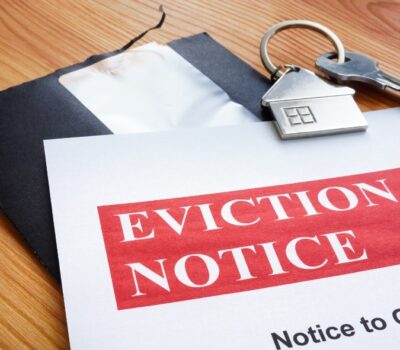Expert Support for Landlords
Eviction services are a vital resource for landlords in the UK who are facing challenging situations with tenants that necessitate ending a tenancy. The eviction process can be complex, stressful, and time-consuming, especially given the strict legal framework that governs tenant evictions in the UK. Understanding the proper procedures and complying with all legal requirements is crucial to ensure a smooth eviction process and avoid potential legal repercussions.
Understanding the Eviction Process
In the UK, the eviction process typically begins when a landlord decides that they need to regain possession of their property, whether due to non-payment of rent, breach of tenancy agreement terms, antisocial behavior, or other valid reasons. Landlords must follow a legal process to evict a tenant, starting with serving the appropriate notice. The type of notice depends on the circumstances and the type of tenancy agreement in place.
The two most common notices are the Section 21 Notice and the Section 8 Notice:
-
Section 21 Notice (No-Fault Eviction):
This notice allows landlords to regain possession of their property at the end of a fixed-term tenancy or during a periodic tenancy without having to provide a specific reason. However, it is crucial that the landlord complies with all legal requirements, such as providing the tenant with a valid gas safety certificate, an energy performance certificate (EPC), and the “How to Rent” guide before serving the notice. The Section 21 Notice must give the tenant at least two months’ notice to vacate the property.
-
Section 8 Notice (Fault-Based Eviction):
This notice is used when a tenant has breached the terms of the tenancy agreement, such as failing to pay rent, causing damage to the property, or engaging in antisocial behavior. The grounds for eviction must be clearly stated in the notice, and the notice period can vary from two weeks to two months, depending on the grounds cited. If the tenant does not vacate the property after the notice period, the landlord may apply to the court for a possession order.
Professional eviction services are invaluable for landlords who need to navigate the legal complexities of evicting a tenant. Here’s how these services can assist:
- Legal Compliance: Eviction services ensure that all legal procedures are followed correctly, reducing the risk of errors that could lead to delays or legal challenges.
- Expert Guidance: Experienced eviction professionals understand the nuances of tenancy law and can advise on the best course of action based on the specific circumstances.
- Court Representation: If the tenant does not leave after receiving the notice, eviction services can represent landlords in court proceedings to obtain a possession order. This support includes preparing all necessary documentation, representing the landlord in court.
- Minimizing Stress and Delays: Evicting a tenant can be a stressful experience for landlords. Professional eviction services handle all aspects of the process, allowing landlords to focus on other aspects of property management.
- Cost-Effective Solutions: While there are costs associated with hiring eviction services, these can often be outweighed by the potential costs of a prolonged eviction process.

At Property EA, we provide comprehensive eviction services tailored to the needs of landlords in the UK. Our experienced team is well-versed in the latest tenancy laws and regulations, ensuring that every step of the eviction process is handled professionally and efficiently. We understand the importance of protecting your investment and aim to resolve disputes swiftly, minimizing financial loss and stress. Whether you are dealing with rent arrears, property damage, or other tenancy breaches, Property EA is here to help you navigate the eviction process with confidence and ease




